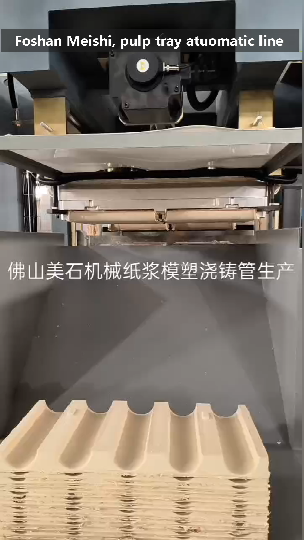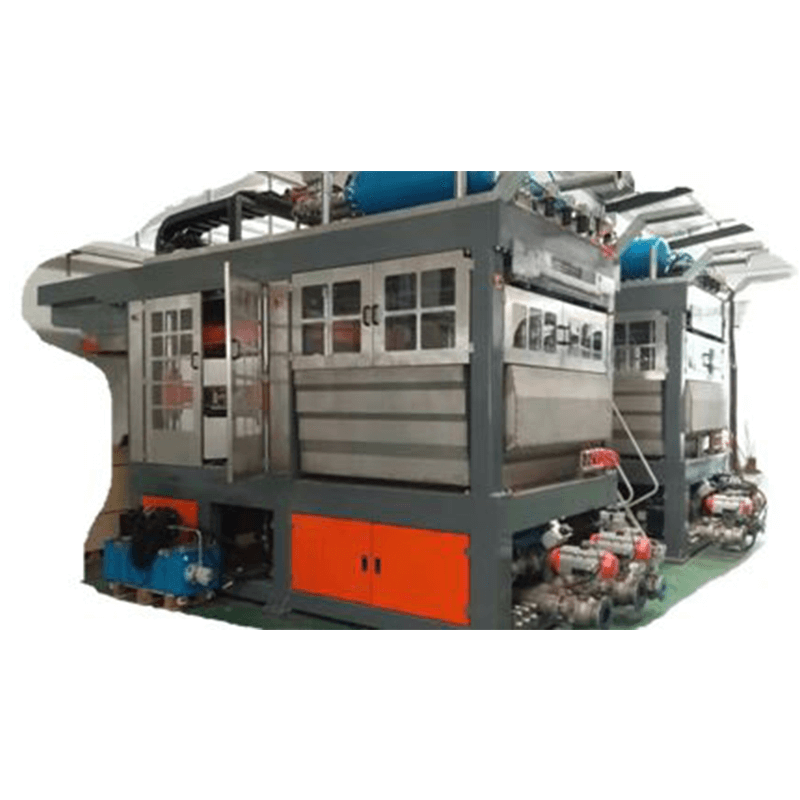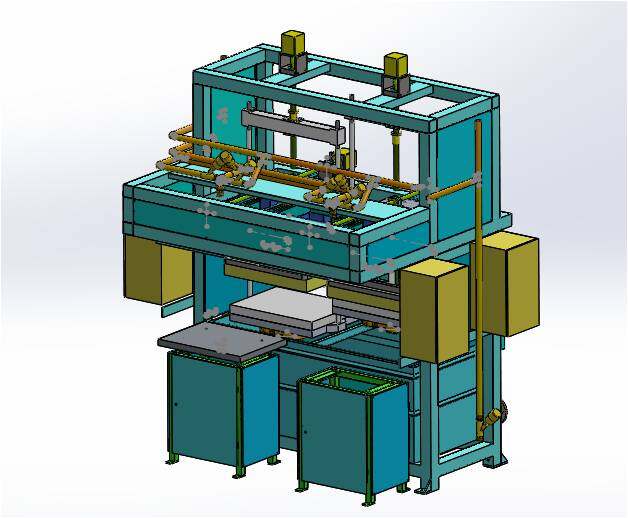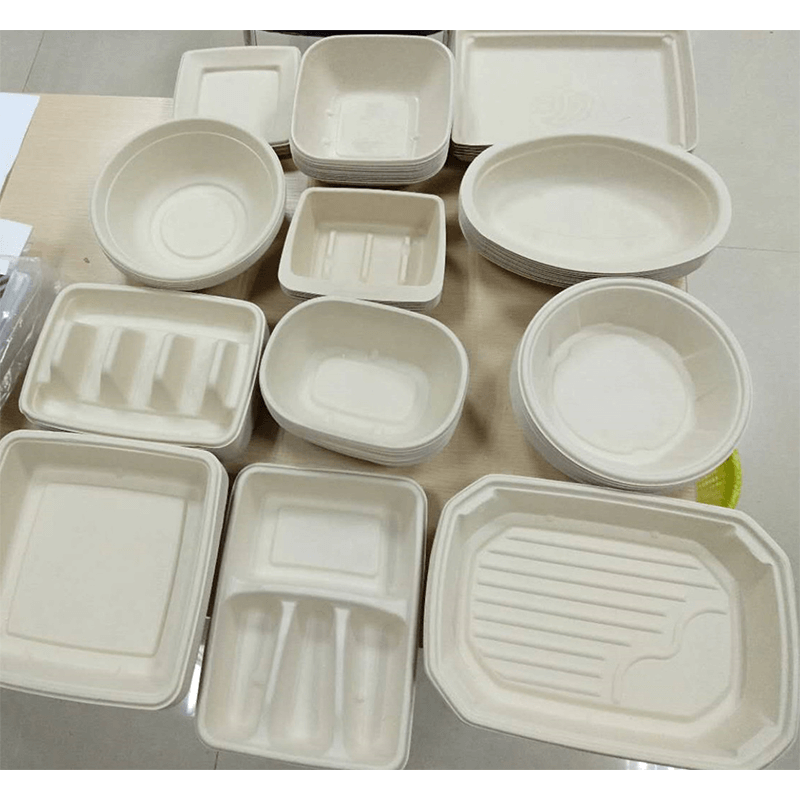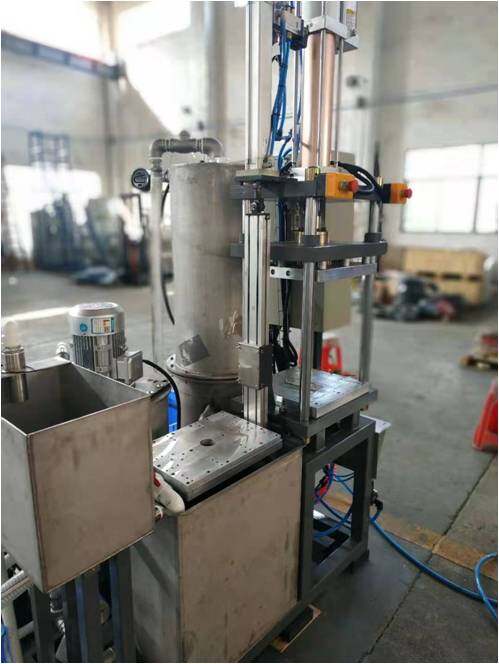Limitations & Challenges in Molded Fiber Packaging Market:
Environmental Considerations & Government Regulations
Molded pulp manufacture is commended for having a minimal environmental impact because it frequently employs recycled materials and requires less energy and water than standard plastic packaging production. Along with producing goods that can be recycled or composted after use, it also reduces greenhouse gas emissions and helps create an environmentally friendly closed-loop cycle. It does have some environmental issues, though.
Molding can cause significant energy consumption during production, and pulp can release chemicals into the air and water. According to EPE Global, these emissions may contain dangerous greenhouse gases such as nitrogen oxides and sulfur compounds. The usage of virgin fiber contributes to habitat loss and biodiversity reduction, which is another reason why the business is criticized for deforestation.
Regional Analysis:
Asia’s Rising Industrialization to Promote Dominance
Asia Pacific region dominated the molded fiber packaging market in 2024, driven by the expansion of the industrial sector in the region. Asia Pacific region dominance in the molded fiber packaging market is driven by a mix of raw material availability, cost advantages, policy support, booming industries like food services and ecommerce, and growing eco-awareness. Brans in Asia Pacific region are responding by adopting molded fiber to appeal to green-minded consumers. Rising middle class consumers in Asia Pacific region are becoming more eco-conscious, rising demand for sustainable packaging options. Asia Pacific region various sources of pulp and recycled paper, especially in countries like China, Japan, India, Vietnam, and Indonesia.
Asian Countries Fiber Packaging Trends: Green Initiatives to Support the Market
India Market Trend-India’s single-use plastic ban and government initiatives has driven the market growth. The strong local availability of raw material in India minimizes input costs and supports large-scale production. A company that prioritizes sustainability, Nippon Molding specializes in producing pulp mold egg trays for the poultry sector as well as comparable packaging for goods like fruits and vegetables.
Nippon Molding's trays are contributing to Japan's efforts to reduce the amount of plastic waste it produces. President Akira Ishihara states that pulp mold, a molded paper product created by combining recycled paper with plant fibers and water, is completely recyclable, biodegradable, and environmentally beneficial. It is also a good substitute for traditional plastic items. It makes a positive contribution to society.
North America’s Largest Food & Beverage Industry to Support Growth
North America region is seen to grow at the fastest rate in the molded fiber packaging market during the forecast period. U.S. states (like New York, California) and Canadian provinces are banning or restricting single-use plastics, which accelerates the shit to sustainable alternatives like molded fiber. North American consumers are increasingly eco-conscious and willing to pay a premium for green packaging. Brands are utilizing molded fiber to align with consumer expectations and boost brand image. North America region is investing heavily in advanced molded fiber manufacturing technologies, including automation, precision molding, and barrier coatings.
Major North American brands (McDonald’s, Amazon, Walmart, etc.) are setting ambitious ESG (Environmental, Social, Governance) goals, which includes switching to sustainable packaging. North America region has strong infrastructure for paper recycling, ensuring a steady supply of raw materials for molded fiber production. Some U.S. states and Canadian provinces are offering grants, subsidies, and incentives for sustainable packaging innovations. North America is home to many packaging design and innovation centers, which are driving new applications for molded fiber beyond traditional segments.
www.imfa.org







